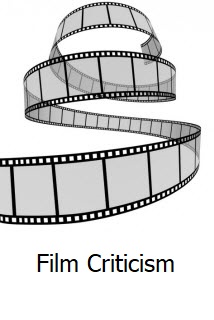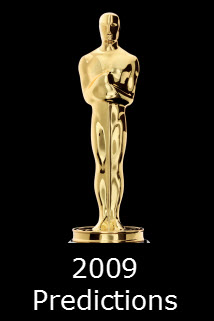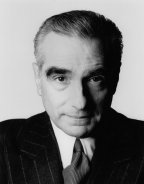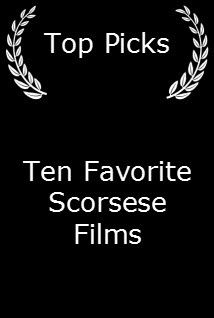Hands of Stone (2016)


Content by Tony Macklin. Originally published on August 31, 2016 @ tonymacklin.net.
Hands of Stone is a split decision.
It's 1/3 artificial, 1/3 meandering, and 1/3 potent.
Hands of Stone is the story of boxer Roberto Duran from his reckless boyhood in poverty in Panama, through his rise to being an international champion, to his humiliating fall. And finally to his comeback. It's crowded with a flurry of details.
The first thing that comes to mind when we hear the name Roberto Duran is the notorious fight with Sugar Ray Leonard and Duran's alleged words, "No Mas" as he stopped fighting.
Director/writer Jonathan Jakubowicz tries to provide context to that famous moment in boxing lore. In trying to provide sufficient background, he has to decide what to emphasize and what to leave out. It's a mixed punching bag.
In trying to be true to the relationships, familial problems, the locales (particularly Panama), politics, racketeering, and the fight game, Jakubowicz spreads himself and sometimes loses focus. He blurs information. Obviously in choosing what to include - and how to include it - he has to take some license.
For instance, Jakubowicz makes a good choice in featuring the Davey Moore fight in which Duran beat Moore for the Light Middleweight title. But we don't know it was his 7th fight after the humiliating loss to Leonard. We don't know that Duran had returned to the ring in less than a year's time. He beat Nino Gonzalez in Cleveland. Gonzalez? Cleveland? Probably info we don't need to know.
Neither do we find out that Duran fought more than 40 times after the Leonard debacle.
The film creates a false sense of what happens. You can't give all the facts, but you can be careful about contriving them.
Hands of Stone is one of those films that is awash with music. Music often substitutes for character. Almost every punch and every word has to withstand the swelling or tinkling music in the background.
Jankubowicz even seems to think that Robert De Niro needs musical accompaniment. De Niro plays trainer Ray Arcel. Hands of Stone is De Niro set to music. There's music when he talks to his wife, music at a press conference, music when he gives instructions to his fighter. In Hands of Stone, when it rains, it rains violins.
Some of the cast is outstanding. De Niro is excellent as Duran's trainer. His performance makes us think that the film might be stronger if Arcel had been the main character instead of Duran.
As the wife of Arcel, 62-year old Ellen Barkin looks terrific. Eleven years younger than the 73-year old De Niro, she's a marvel.
Usher brings a quiet charisma as Sugar Ray Leonard. He's immediately likeable. Panamanian singer/songwriter Ruben Blades is credible as Duran's manager.
The main performance by Edgar Ramirez as Duran is as in flux as the entire film. He's serviceable, but is sometimes stymied by the jabbing script.
Ana de Armas has a patented role. The initial relationship between her as a schoolgirl and Duran isn't believable, but it gets somewhat better as they grow older. The role basically is generic as she plays a wife who endures her successful husband's selfishness and decline.
One of my personal inducements to see the film was that I knew my pal Al Bernstein was going to be in it. But he never appears physically in the film. Al is listed in the multitude of those thanked in the credits - four from the bottom.
It's ironic that Al was a commentator on Duran's original comeback fight with Davey Moore at Madison Square Garden on Duran's 32nd birthday in 1983. So, too, was Sugar Ray Leonard for CBS. In Hands of Stone, Usher stands in for the actual Sugar Ray. Al is only history. Was that his disembodied voice I heard?
The credits also tell us that Duran says he never said, "No Mas." [Elsewhere he has said he only mumbled to himself, "No Sigo." "No Further."]
A boxing movie depends on its credibility - The Set-Up (1949), Fat City (1972), Raging Bull (1980). The Rocky films - although fanciful - work best when they're most credible.
So, too, does Hands of Stone.














